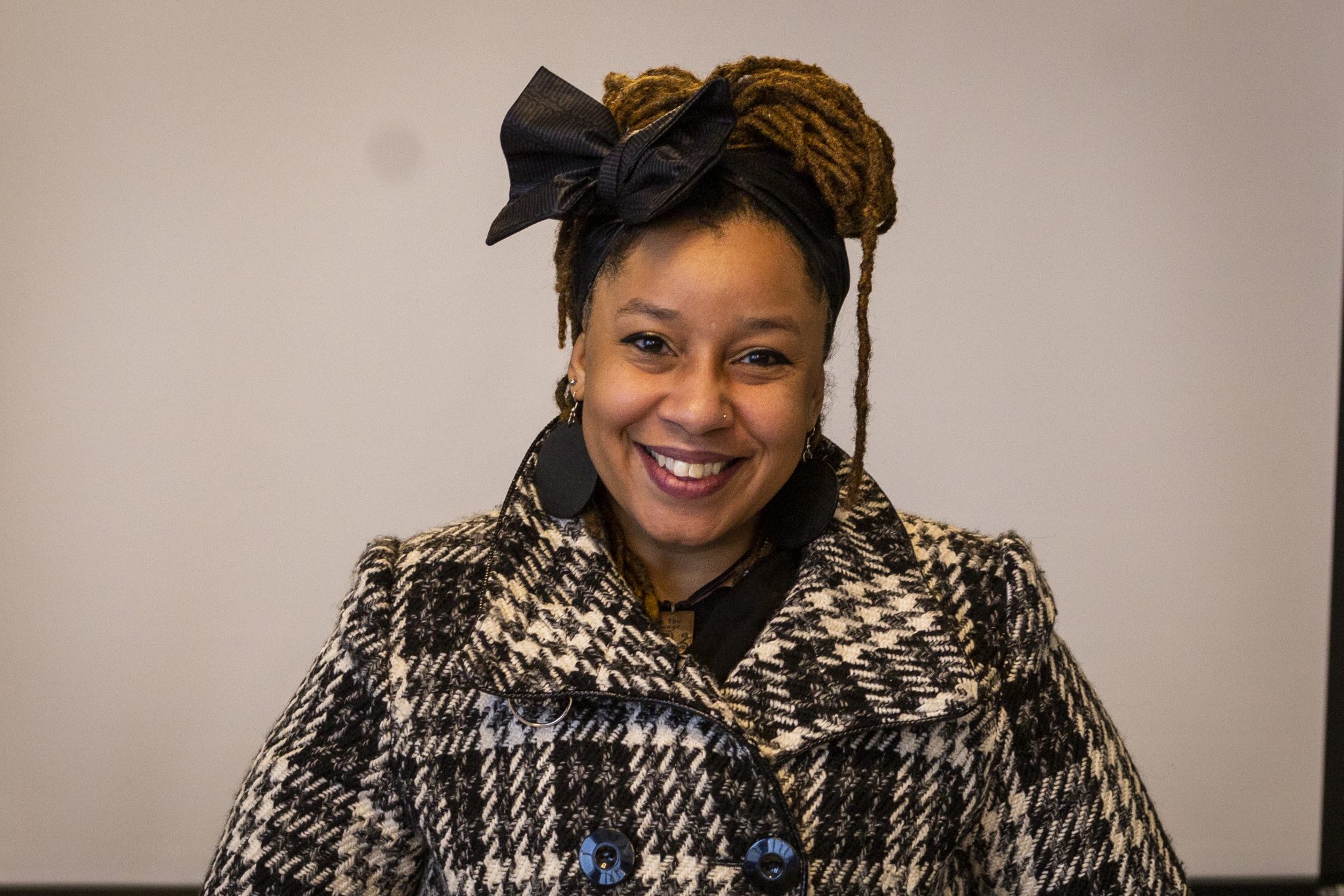Laura Mae Lindo speaks at event for marginalized communities


On Monday, Jan. 28, between 1:00 p.m. to 4:00 p.m. in the Hawk’s Nest, located in the Turret Event Space at Wilfrid Laurier University’s Waterloo campus, Laura Mae Lindo, the member of provincial parliament for Kitchener Centre, came to speak with students to discuss and advocate in favor of including more diverse voices within their communities.
The event, called “Centering BIPoC Voices in the Academy,” was the first part of a three-part series of community discussions, aimed at focussing on the viewpoints, opinions and experiences of the “Black and Indigenous People/Person(s) of Colour” (BIPoC) community — and to kick-off Black History Month.
This event, however, was organized in partnership with the Centre for Community Research Learning and Action (CCRA), a local community-based research and evaluation hub, students in the community psychology program, the Difficult Conversations Committee, as well as a number of other groups who helped to fund the series.
“Laura Mae, being a racialized woman and an MP, wanting to have a politician on campus, was kind of the purpose of this event in a larger series,” said Ciann Wilson, an assistant professor at Laurier.
“One of those perspectives is centring diverse voices, both in terms of cultures, in terms of representation, but also in terms of experience.”
Lindo’s experience being an equity and diversity leader, as someone who has worked with various communities, including the LGBTQ+ and racialized minorities, is important for Wilson to see reflected in events such as these.
What is especially valuable, she says, is “having different voices from different sectors — the political sector, for example — and her lending that important community voice as a representative of KW to that particular perspective,” Wilson said.
Lindo, the speaker at this event, had a number of thoughts regarding what it’s like to navigate professions, such as politics, that are historically and traditionally considered to be white and male-dominated fields.
Lindo reassured the student that their voice matters and needs to be heard, especially during times when they feel they don’t “deserve” to have opinions — echoing the sentiment infused throughout the discussion.
“I have to be very careful, because there’s just as much work outside in those systems that has to be done, as work inside myself to take — to actually hold onto the privilege or access that I have to the system now,” Lindo said.
One significant aspect of being a part of a racialized or minority community, Lindo says, is dealing with the idea that she and others “deserve” to be in spaces dominated by majority groups.
As far as those who are in charge of making laws, rules and regulations, Lindo believes that sometimes, even despite the best intentions, it is very difficult to judge and determine what is in the best interest of marginalized groups without those experiences being voiced.
“This becomes an opportunity to have different people sitting in those seats, bringing those stories into the space — those stories become part of our debate, so they need to be considered. Even with the best heart in the world, you can’t do that without knowing what somebody is actually experiencing in their lives,” Lindo said.
“We have the most diverse opposition — I would say ever — and that means we have a plethora of wisdom and experience to work with and an opportunity to really build inclusion in Ontario.”
One particular anecdote which stood out during the event was an experience that an international student has had with regard to the changes in student tuition and an increase in pricing that may come soon.
This is especially apparent given it may impact those students more negatively than what already exists.
Lindo reassured the student that their voice matters and needs to be heard, especially during times when they feel they don’t “deserve” to have opinions — echoing the sentiment infused throughout the discussion.


